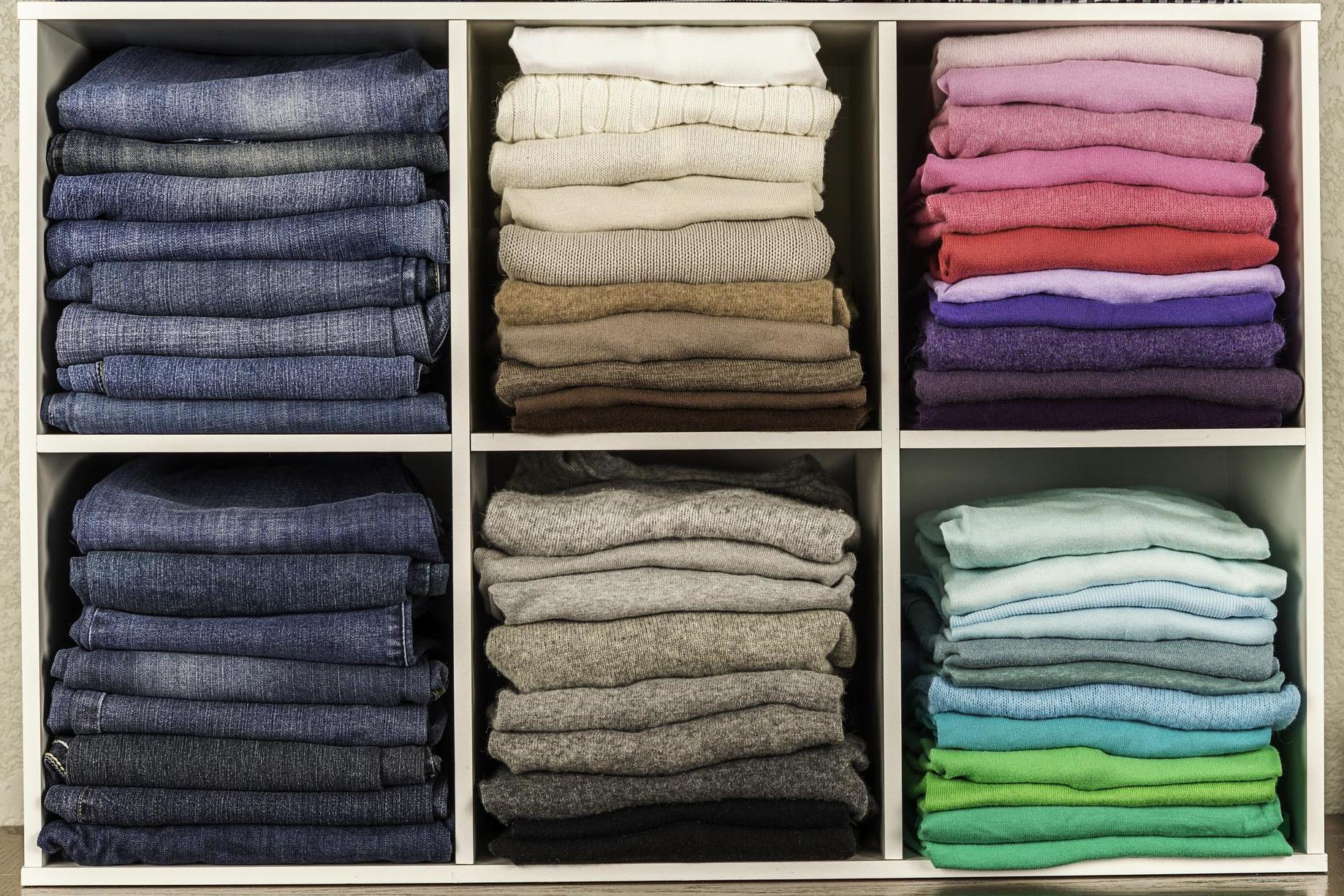The Independent's journalism is supported by our readers. When you purchase through links on our site, we may earn commission.
Obsessively tidy people may be more prone to racist views, study finds
An aversion to ‘broken patterns’ could be the root of racism

Scientists have found links between social prejudices and a dislike of visual incongruities.
A new study conducted at Yale University, Connecticut, claims that a propensity for aesthetic uniformity – which can often transpire as an obsession for tidiness and symmetry - sets a “new basis for prejudice”.
Aversions to things such as crooked pictures, out of place tiles and messy desks could explain why some people discriminate against “socially deviant” groups such as ethnic minorities and drug addicts, the research has suggested.
After conducting a series of eight experiments on American and Chinese children and adults, the team of researchers found that those who showed antipathy towards geometric oddities scored higher on tests for discrimination.
Participants were asked to respond to images of broken visual patterns and fictional scenarios in which there were clear social segregations.
One of these scenarios took place in an imaginary city inhabited by “Flurps” in which one resident "Flurp" lived in a green-coloured house while all of the others occupied blue-coloured houses.
Other groups depicted in the images included obese people, cross-dressers and patients suffering from severe skin conditions.
They found strong links between those who responded with hostility towards these groups and those who also expressed discontent towards pattern deviancies.
According to the paper, which was published in the journal Natural Human Behaviour, these correlations were more prevalent in older participants.
“The research does provide a simple potential explanation for why people feel uneasy around and dislike people who deviate from societal norms,” explained lead author Anton Gollwitzer.
Join our commenting forum
Join thought-provoking conversations, follow other Independent readers and see their replies
Comments
Bookmark popover
Removed from bookmarks